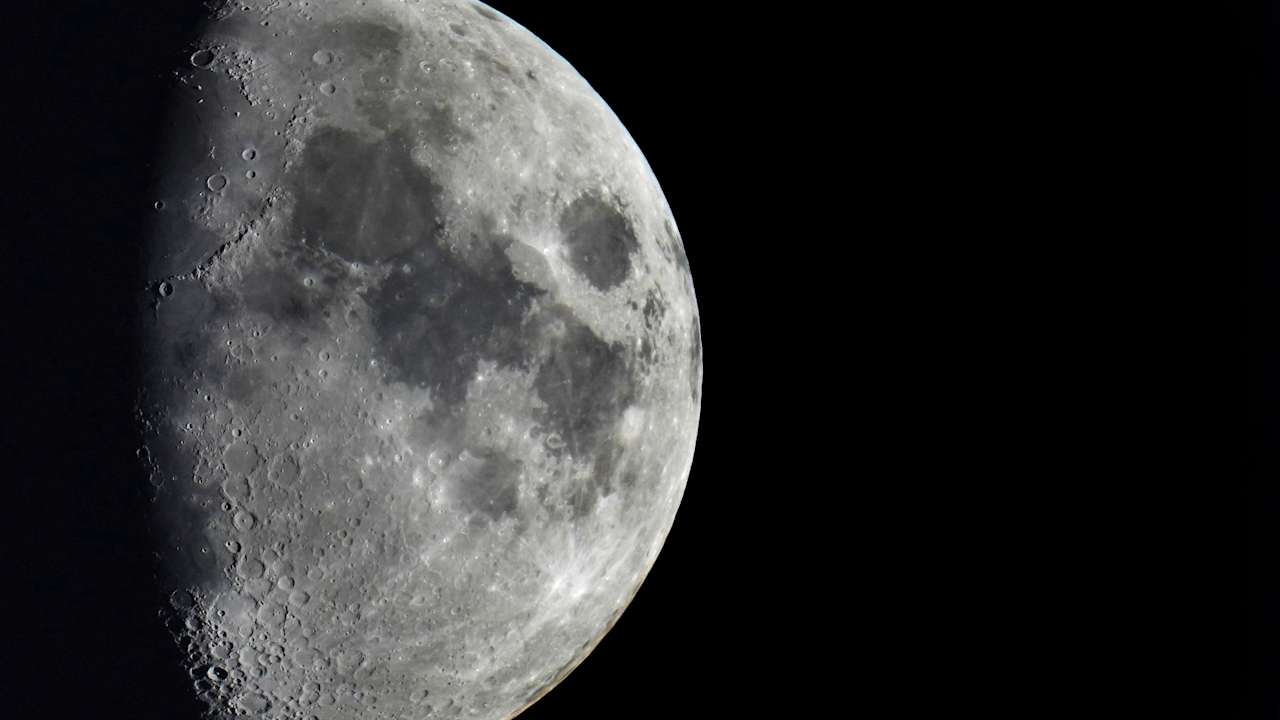A new “mini moon” is set to start orbiting around Earth this week, in the form of a small asteroid the size of a double decker bus.
The temporary guest, called 2024 PT5, is set to arrive on Sunday September 29 and will stay for around two months.
Daniel Brown, associate professor in astronomy at Nottingham Trent University, said: “A mini-moon is a small object orbiting another solar system body.
“It could be either just a rock, we call asteroid, or a mixture of rock, dust and ice, we call comet.
“In either cases, we have to think about these not orbiting around us forever but for a short amount of time.”
2024 PT5 will not be visible to the naked eye and can only be seen through telescopes used by professional astronomers.
The asteroid was first discovered in August last year the day before it approached Earth at a distance of 353,200 miles (568,500 km).
It belongs to the Arjuna asteroid belt, a group of space rocks in the solar system that revolves around the Sun.
Professor Brown said the mini-moon’s orbit around Earth will last for 57 days, before it will eventually leave our planet’s gravitational pull.
He said: “There is nothing explosive or dramatic happening to it for it to leave, it simply has too much energy to hang around us for too long.”
Despite a short stay, scientists predict the asteroid will return into Earth’s orbit in 2055.
“This is an excellent example that orbits of such small bodies in our solar systems can be quite complex, briefly joining Earth before they then again proceed on a more standard elliptical path around the Sun to again meet Earth,” Professor Brown explained.
The Earth recently acquired an extra moon four years ago, called 2020 CD3 – which orbited for over a year.
This year’s mini moon, 2024 PT5, is known as a near Earth object – a group of space rocks which pass close to our planet regularly.
They’re tracked by researchers to make sure they do not pose a threat to Earth. Experts believe 2024 PT5 is unlikely to bring any risk.
Follow STV News on WhatsApp
Scan the QR code on your mobile device for all the latest news from around the country



























